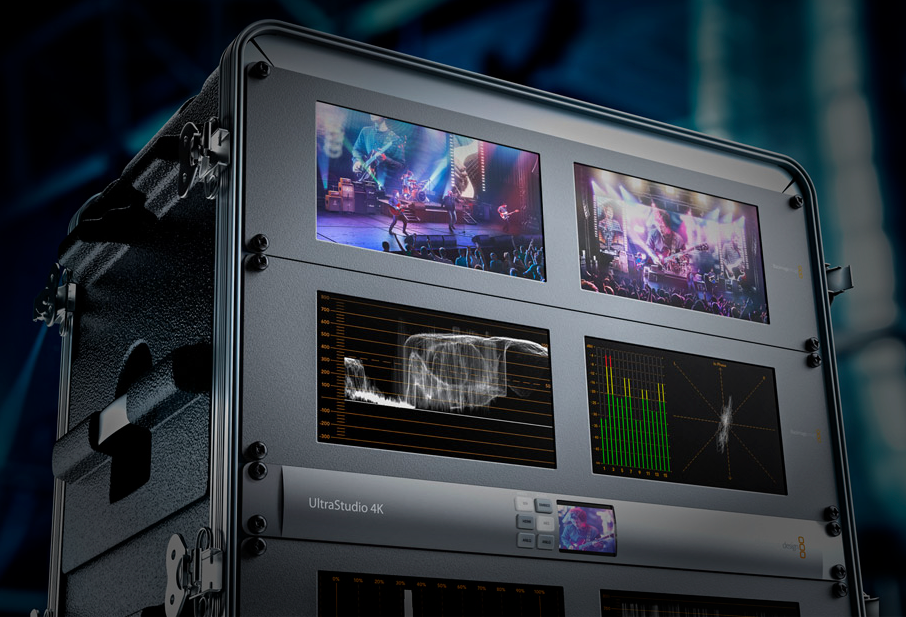I Smell Optimism
With the vaccine announcements from Pfizer, Moderna and now Astra Zeneca, there’s the smell of optimism in the air.
Christmas is right in front of us now, and although that is the biggest business momentum killer in the calendar, if you think of it as a dam wall with all the optimism and hopes building up behind it then we can reasonably anticipate that H1 2021 will be a helluva ride!
How can I be sure?
I’m not, but I am hypothesizing here on the balance of probabilities from the data that we have right now.
All indications are that it is likely that we will have a mass immunisation programme during the first half of 2021 and that will facilitate a return to a normal life that, I predict, will be none too gradual.
We are social animals that have been starved of social interaction so the appetite for large-scale interaction events will be huge. The bounce-back will be a time of bounty for those that are ready to feed the appetite.

And it’s starting now.
As I’m writing this article, the Prime Minister has announced post-lockdown easing of sporting events in the Tier 1 & 2 allowing up to 4000 people to attend. That’s big news for the Event Industry.
But from this tsunami of enthusiasm, there will still be constraining factors of legislation, our social responsibility as event organisers to provide COVID-safe events, and nervousness from many members of the public.
Decision time for Hybrid
All of this means that HYBRID will be the buzzword of 2021 for the Events Industry. We are in the middle of planning events for April and November and we are planning that April will still be 100% virtual and November will be Hybrid.
But whether Hybrid Events endure long term will be determined by the decisions we make today.
Human nature is wonderfully elastic; it rebounds from huge life-defining events with incredible fortitude and speed. The plus side of this is that I believe the economic and social healing will be faster than most are currently thinking but the downside is that there will be a strong desire to get back to things “as they were” and that would be a missed opportunity.
From Zoom quiz nights to large-scale broadcasts, Virtual Events have been a good bit of fun for 2020 and they have kept some events alive during a troublesome period. I keep reading articles that say that the genie is out of the bottle and that there will be no going back to physical events, meetings and the way we work has changed forever, but I’m not buying that at all.
Yes, there will be an adjustment of how many physical business meetings are necessary but, for the Event Industry, hybrid and virtual events may all but die going into 2022. It would be a fool that thinks that a temporary substitution is the same as a long-term replacement.

And yet, yesterday, I signed off a significant investment in production hardware against a business plan that requires us to be successful into 2022 and onwards with Hybrid events.
So, how do I square this circle?
S’easy. I believe these things to be true:
- Most of the big players in the virtual space are physical event organisers that will return to their core capability.
- By observation, the media companies in this arena are media producers, not event organisers and are largely delivering to the brief of the event organisers. On the whole, they are not equipped to define a new industry.
- Most virtual events have been structured to replicate the physical and they will be very quickly back-replaced by the physical as the virtual component offers nothing extra.
- Event organisers have seen a glimpse of the Art of the Possible but are not equipped to meet it.
- This creates a vacuum where a need exists and few are able to step into it. A hybrid company is needed to fulfil a hybrid need.
Does that mean that we are going to become large-scale event organisers?
No, that’s neither our ambition nor our capability; we see the way forward as collaboration, not competition and our role as an enabler of a new type of Event, not a supplier of them.
Creating Tomorrow
OK, enough being all Yoda about this; the Virtual part of the Hybrid event will only survive if it either:
- Is able to scale a physical event into a MUCH larger audience. And I’m talking about an order of magnitude here, not just another 10-15%.
- Brings something new to the table, something that augments, complements and improves the physical experience, not merely replicating it.
On the first point, there is a medical convention that happens every year in South America that sells out on the first day to the capacity of 3,000. The organisers tell us that they could easily fill the hall ten times over with doctors eager for the information and wanting to table their questions. Now they have seen some capability with virtual events they are very excited about a 30,000 strong Hybrid event going forward.
The second point is more challenging but also holds more opportunity. Virtual providers need to think like event organisers but deliver like a media company. As I said above, we need to be that Hybrid company that delivers a hybrid solution.
And this really is the main point of this article, we need to go right back to basics and rebuild the Customer Experience (CX) but now with a more extensive set of tools.
To use a very old analogy from the world of corporate change, we need to build an aeroplane, not a faster horse!
Let’s start by asking some basic questions to define what good looks like:
- Why does this event exist?
- How do we measure success?
- What needs to be true for the guest to achieve that success?

Only then should we start to design how to deliver the event.
If there’s one silver-lining to 2020 it’s that we have been presented a wonderful opportunity to redefine what ‘normal’ is. The pandemic has broken some of the usual change inertia and I’m guessing we have approximately 12 months to define a new paradigm before the new ‘normal’ is again set.
It’s Always All About the Customer
Let’s go back to that point about collaboration for a moment, In 2021 we see our customers as the Event Organisers and, our role, to make them super-successful. We need to bring a high level of thought-leadership to the table to conjointly create that new capability.
And share the evolution amongst our peers.

I used to race cars and I loved both the competition and the camaraderie. From Club Motorsport to the Pro-Am championships, the collective spirit in the paddock was wonderful. For the degree of competition on the track, to an outsider, there was a surprising degree of mutual support in the garages. We wanted to beat our rivals, but we knew we would fail without them.
For a while yet, everybody in this new part of the industry will be learning fast and I truly believe we will all be more successful in creating a sustainable industry of Hybrid Events if we put the Customer Experience first and maintain a perspective on the big picture. We need to share ideas and experiences extensively and not revert to type.
I’ll start the bidding and state that I firmly believe that one of the cornerstones of the brave new hybrid world will be the ability for the guests and exhibitors to interact with each other and between themselves in a way that we haven’t been able to achieve yet.
A way that blurs the edges between the physical and the virtual guest. A hybrid way that enhances the Customer Experience for the physical guest, not just those that are remote. A hybrid way where we communicate with the Customer, not to them.
The past is a foreign country, they do things differently there
So, be it entertainment, product, corporate or conference, we have a very hungry audience coming at us just the other side of the turkey and we need to surf that wave not drown in it.
It’s time to take a deep breath, stand up straight, put the customer first and be brilliant. The rewards will follow soon enough.

Mark Litherland
Mark Litherland is a Director for Redison Productions and has a successful history of large-scale project delivery and business transformation across a wide range of industries.




